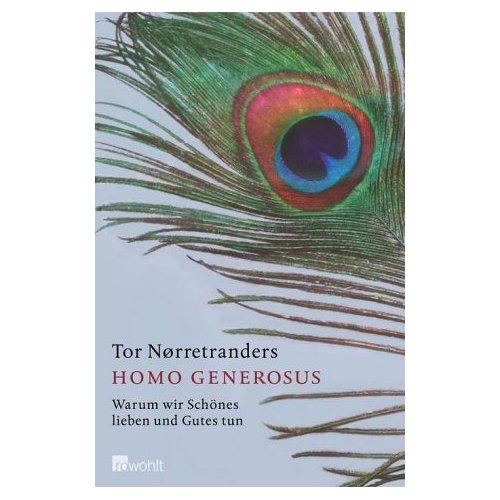“The only really strong borders on the internet are linguistic,” said swiss/english blogger Stephanie Booth Wednesday in her talk at Reboot 9, “While we wait for the Babel Fish”. And she added: “Linguistic regions are more important than countries.”
Stephanies talk reminded me of an attempt made last year by Thomas Madsen-Mygdal, the Reboot organizer, and myself to create interest solving this problem of languages of the net and in particular in blogging. We wrote a manifesto, but never had it polished for publication. It was inspired by many things, one of them was Stephanies blog.
Here it is, the tentative text for the manifesto Please comment!
Bloggers, be bilingual!
A manifesto on the need for new software
and a new culture of blogging
By Thomas Madsen-Mygdal and Tor Nørretranders
We now all live in two worlds: With our two feet on the local ground and our head high up in the global cyber-skies. However, blogging is not reflecting this. Many bloggers blog in globish only, leaving behind their native language. And therefore also their local world. We want to encourage the creation of a culture of blogging in two languages (or more).
The blogging revolution has only just begun. With the ever more user-friendly and free blogging software (such as WordPress), it now becomes possible for a large fraction of the inhabitants of this planet to express themselves and start global conversations if they want to. The cost and complexity of creating, hosting and distributing texts, images, sound and the like has been cut dramatically. The threshold of publication is now extremely low. Which is wonderful.
But this ease and low cost does create a particular problem: Most bloggers blog in a global language, rather than a local language – for instance, in our own country Denmark, many bloggers blog in English, rather than the native Danish. Though living with at least two languages, most blog only in one of them (typically not their native language).
This is in a way obvious. Blogging enables the individual to get into contact with like-minded and like-spirited individuals all over the globe, thus eliminating the isolation of being the only one interested in some specific issue in the local context. So one of the great potentials and liberations of the net and blogging is the ability to go global with nerdish interests.
Why would anyone blog in their native language about something so esoterical and unusual that it will only interest a few of the natives anyway?
The problem is that some of the issues dealt with in any blog is clearly local. Exactly because the threshold is so low, bloggers blog about all kinds of stuff, some of it of wide global interest (at least to global co-nerds), some of it only meaningful in a local context.
Why should anything local, say in Denmark, be blogged about in English? It is a nuisance to Danes to read it in English – and a nuisance to the English-speaking readers to be bothered with this local stuff at all.
Therefore, blogging in English alone isn’t enough. We must create a culture allowing for bloggers to blog in two languages: The local and the global. For Danes, for instance, it would be Danish and English. (A few hundred million people only have one language to blog in: Their native English that has become the default ”globish”. But we don’t have to worry about them. We have to worry more about the billions of non-English speakers.)
If English becomes the sole de facto blogging language, the local debates will be very poor, indeed, dominated by the traditional media. Most likely two parallel universes will develop in the blogosphere, one in English and another entirely separate one in chinese/japanese/portugese etc. The local becomes decoupled from the global. In fact, Technorati statistics shows that this is already the case.
In the old days of atoms and very expensive means of distribution of knowledge, the solution to this would be for each blogger to have two separate blogs, one in the local language, another in the global. This is now entirely unpractical and unneccesary.
Many readers of the local stuff will also want the global content, but would then have to go to two blogs which is unpractical. It is better to simply publish everything on the same blog.
Translating everything into two languages on two mirror blogs is meaningless: The local content is only of local interest, so it doesn’t make sense to translate it. The global content is best read and discussed in ”globish”. Even someone from the same local language would benefit from having the globally interesting stuff in a global language. Two blogs in two languages would simply diverge and isolate locals from the global debate on the globally relevant content. Creating two mirror blogs is simply old-style thinking.
We no longer live in a world of pre-filtering, where one has to seperate things before publishing them. We live in a world of post-filtering: Everything can be published and made available to anyone, since the costs are neglible. Then only afterwards, people can decide what they want to read or get as a feed. The search/filtering process has also become efficient and cheap.
The solution is for everyone to blog bilingually, in two languages, and then to offer very good filters, so that readers can decide what they want to read or recieve: Filters for language, both when browsing the blog and when recieving it via feeds.
Such blogs, of course, already exist. And one can create fairly simple and robust methods that are easy to maintain for allowing people to read and feed in separate languages (or both – a typical Danish blog reader would probably like to have both the English language and the Danish language content from a blog of Danish origin).
A simple system in English/Danish can be seen here, solving a lot of problems (of browsing and feeding in the language of choice) by simply establishing two parent WordPress Categories and having content-categories as child categories of the language categories. The system is, however, not without drawbacks: All navigation, datestamping and meta is in English only, even if the content is in the local language. This is fine with say an English/Danish blog, since the names of weekdays and months are not really that different, just as many navigational phrases are the same or alike. For a Dane, navigation in English doesn’t represent a serious problem. However, with a bilingual blog in two languages with different alphabets, real trouble starts already with the navigation.
There already exists attempts to solve the navigation problem, for instance through plug-ins in the WordPress universe (Polyglot, Bunny’s Basic Bilangual Plugin, etc. For a review see here. But most of them do not solve problems like the feed problem. And they are complicated plug-ins demanding numerous skills from the users and their readers.
We therefore call on developers of themes for WordPress and other blogging software to take this into consideration: Themes for bloging should include an out-of-the-box bilingual navigation feature that makes it very easy for bloggers to blog in two languages and for blogreaders to get whatever they want and no more from such bilingual blogs.
The software should build on simple principles:
a. All content in all languages is offered to readers and feedreaders.
b. Simple systems for filtering langauges away should be available when reading or feedreading.
c. Simple systems for having navigational aids etc. in a langauge of the readers’ choice should be available.
d. Commenting across languages represent particular problems that we don’t know how to solve. Probably the best solution is for all commentators to stick to the langauge of whatever they are commenting (if they can’t read the language of the post how can they comment on it?)
e. Tagging represent an interesting opportunity, since it is non-exlusive in search.
We also call on bloggers to start blogging bilingually. We need to create a culture of bilingual blogging – and the technology (software) to enable and empower it.
And we call on blogreaders to start using these techniques for reading bilingual blogs and to start commenting in the language used in the post they comment.
Globalization does not mean the end to localization. Blogging should meet the challenge of an open world: We need to live in two simultaneous networks. One network is the global network of bits, so liberating and horizon-widening to us all. The other is the local network of atoms that feed our stomachs, heal our minds and warm our bodies. We need two feet on the ground and our heads high up in the skies. And we need blogging to share with others the view and the tingling footprint of global existence.
This manifesto also exists in Danish. Readers are encouraged to translate and publish it – preferably along with the English version.



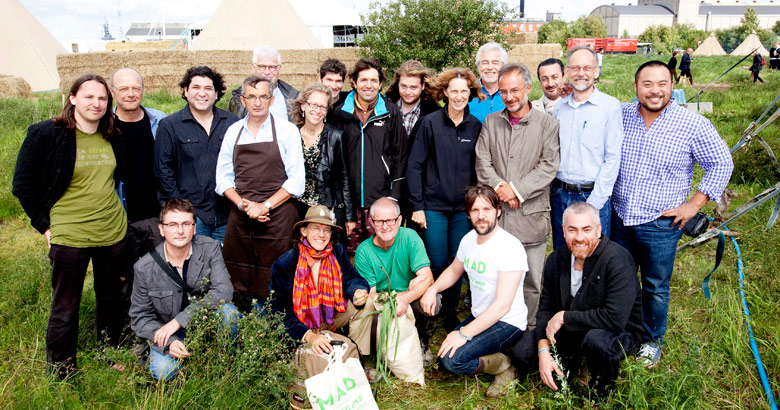
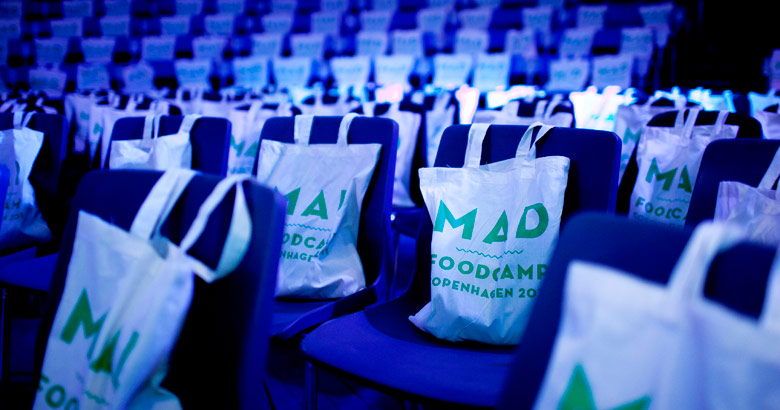

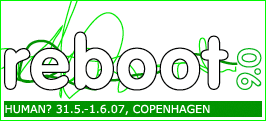
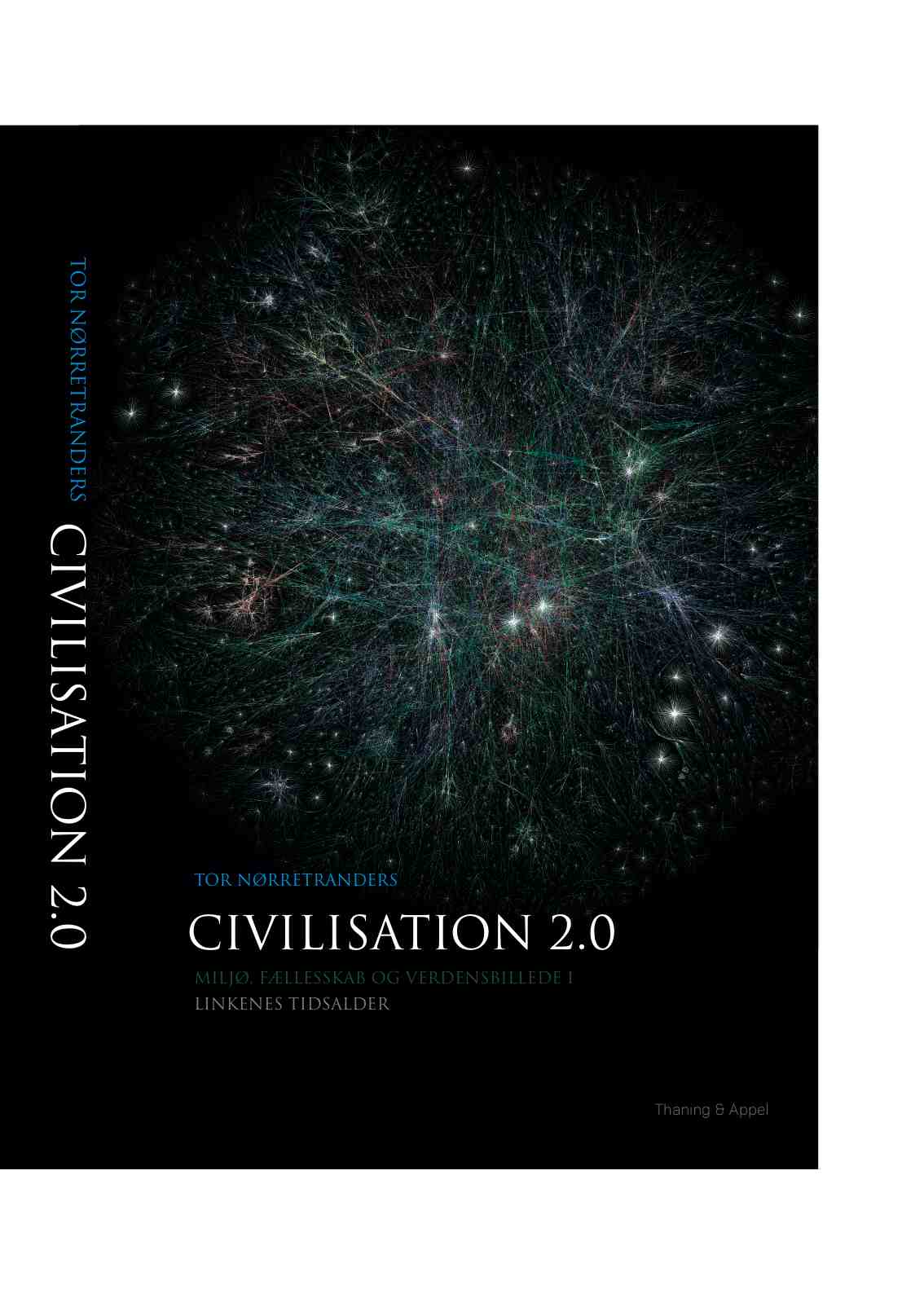
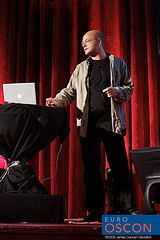
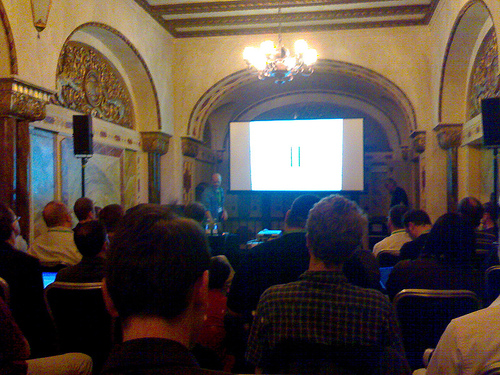
 “). A brief summary of the book is available
“). A brief summary of the book is available 
